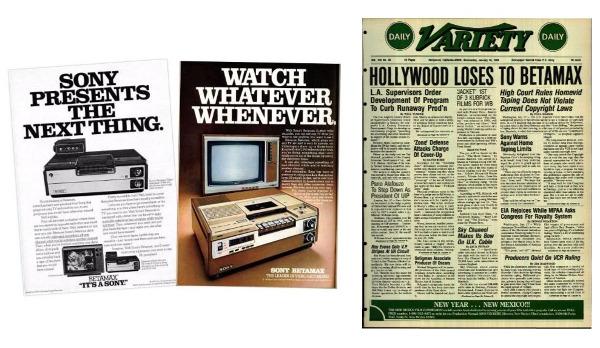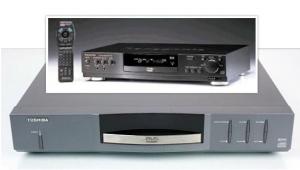Flashback 1984: Supreme Court Upholds Right to Tape

In Sony Corp. of America v. Universal City Studios, Inc., better known as the Betamax Case, the high court essentially legalized “time-shifting,” ruling that recording a TV show (on tape in those days) for later viewing did not constitute copyright infringement.
It was a watershed moment for new technology as the court reaffirmed the importance of innovation, the lifeblood that continues to propel consumer electronics into the future at an ever-increasing pace.
The road leading up to the Supreme Court decision was long and lined with Hollywood hyperbole. Testifying before Congress in 1982, then president of the Motion Picture Association of America (MPAA) Jack Valenti proclaimed: "I say to you that the VCR is to the American film producer and the American public as the Boston strangler is to the woman home alone."
As history quickly proved, Valenti couldn’t have been more wrong.
Sales of videocassette recorders (VCRs) and rentals of movies-on-tape skyrocketed, forever changing the home entertainment landscape. By 2001, the Video Software Dealers’ Association reported that U.S. consumers spent $7 billion on video rentals and $4.9 billion on video purchases. And a year later, sales of VHS’s successor — the DVD — surpassed sales of VHS tapes for the first time.
A brief summary of the Betamax Case and key events leading up to it is available here.
For an inside look at the case that changed the course of tech history, see attorney Robert Schwartz’s first-hand account of the event.
Flashback 1977: Check out this Betamax sales training video, which includes an (unintentionally) hilarious role playing segment.
Related:
Flashback 1975: The VCR Is Born
2015: Sony to Stop Making Betamax Tapes (Seriously)






















































